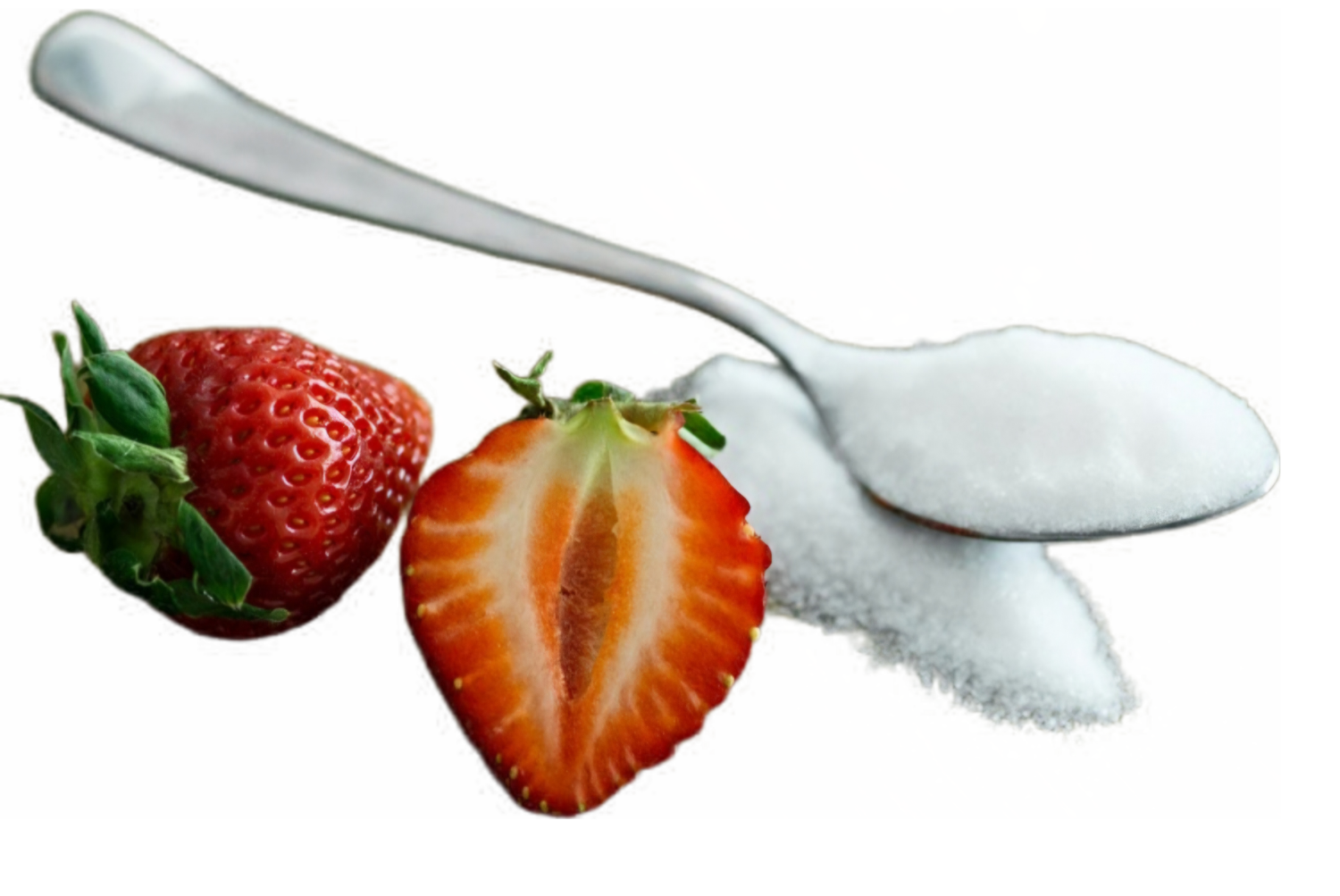
Allulose can sweeten the days of diabetics too
Allulose StorePage audition
Source: Hungarian Agriculture.hu
Translated by: Emese Kovalcsik (2019)
Allulose is a new, low-calorie sugar that has seventy percent the sweetness of beet sugar, but only about ten percent the calories.
Allulose is a new, low-calorie sugar that came to the public eye in 2015, but the U.S. Food and Drug Administration (FDA) has only just approved its marketing.
Allulose is found naturally in small amounts in various foods. It is seventy percent sweeter than beet sugar, but has only about ten percent of the calories. The question is, is it healthy?
Allulose is said to be safe for people on low-carb diets and diabetics because it does not affect blood sugar levels, is 100% natural, and can be used in baking just like sugar.
But maybe it's all too good to be true... Dietitian and nutrition consultant Lisa Valente sheds some light on the subject.
He explained that allulose is not an artificial sugar. It is classified as a so-called "rare sugar" because it is found naturally in some foods, albeit in small amounts.
For example, figs, raisins, molasses, and maple syrup all contain allulose, which, like glucose and fructose, is a simple sugar, or monosaccharide.
Artificial sweeteners are made in a different way than allulose. For example, sucralose, sold under the brand name Splenda, is made by chemically altering sucrose.
Sucralose is not broken down by the human body, has no nutritional value, and therefore does not provide energy, so it does not represent extra calories.
Due to the processing process, artificial sweeteners are much sweeter than natural sugar.
Aspartame – in the form of Equal or NurtraSweet – and saccharin – sold as Sweet n' Low – are similarly calorie-free foods, meaning they're not actually real foods because they have no nutritional value.
In contrast, allulose, also known as psicose, is a real sugar, is digestible, and provides calories – just not many.
Interestingly, the allulose sweetener brand Dolcia Prima is manufactured by Tate & Lyle, the same company that developed Splenda.
According to the Tate & Lyle website, allulose “offers the uncompromising taste and feel of sugar, without any of the calories or glycemic impact.”
Allulose is seventy percent as sweet as "regular" sugar, but it has no glycemic effect, meaning it does not raise blood sugar levels as much as traditional sugar.

Although artificial sweeteners have no calories, it is not recommended to use them excessively because they can have a negative impact on intestinal problems, chronic diseases, or even weight gain.
Because artificial sweeteners are typically hundreds of times sweeter than natural sugars, they can dramatically alter our taste buds, so when we consume real, natural sugar, we use much more of it to make it taste sweet.
Perhaps allulose does not cause such problems because it is a less sweet, actually digestible sugar compared to sweeteners, but this has not yet been proven.
Because allulose is a new sweetener on the market, there is still very little research behind it, especially in terms of weight loss and blood sugar management.
A 2017 study published in the Journal of Agricultural and Food Chemistry states about allulose that;
"In rat experiments, rats that drank allulose syrup for ten weeks gained less weight, had a lower body fat percentage, and had lower blood sugar and insulin levels , compared to rats that received the same amount of high-fructose corn syrup."
Another study in 20 people also showed that consuming allulose reduced patients' blood sugar and insulin levels , meaning it could be a suitable sugar alternative for diabetics.
The U.S. Food and Drug Administration has classified allulose as “generally recognized” and recently decided to exclude allulose from nutrition labels that list total and added sugar amounts.

